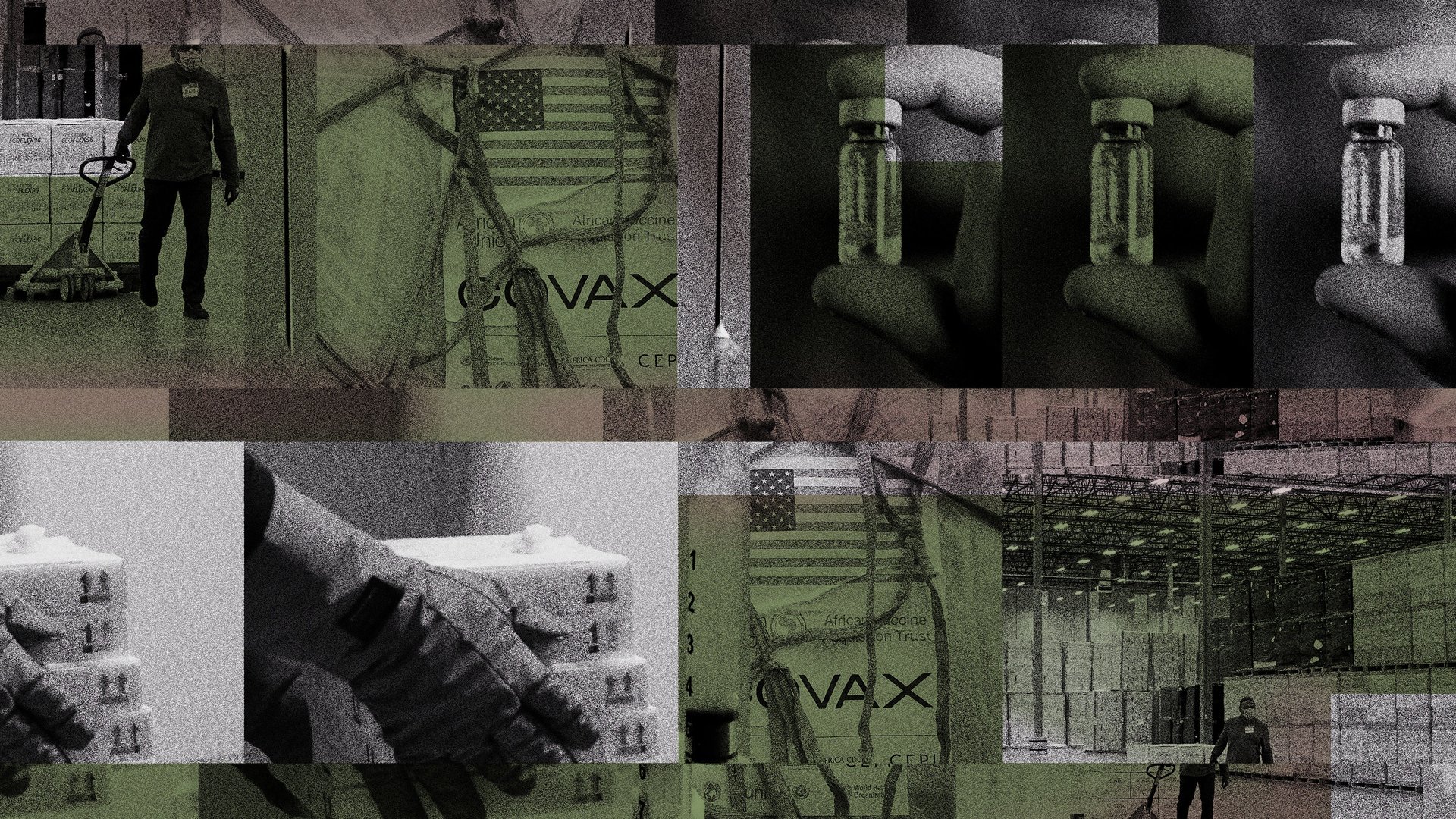It’s not too late to vaccinate the world
In 2021, the World Health Organization and the United Nations set a goal to vaccinate 70% of the population of every country in the world against covid by mid-2022. With only a couple of months to go, not quite 60 countries have met that target. The list of successes includes the tiny islands of Niue (population 1630) and Pitcairn (population 47), but not the United States, where despite a high covid mortality rate and plentiful supplies, vaccines have been politicized. In Africa, not a single country has reached the goal. Morocco has come the closest, with 63% of its residents fully vaccinated. In Burundi and the Democratic Republic of Congo, less than 1% of the population have received their shots. As this data shows, in most of the world, vaccination rates are highly correlated with GDP.


In 2021, the World Health Organization and the United Nations set a goal to vaccinate 70% of the population of every country in the world against covid by mid-2022. With only a couple of months to go, not quite 60 countries have met that target. The list of successes includes the tiny islands of Niue (population 1630) and Pitcairn (population 47), but not the United States, where despite a high covid mortality rate and plentiful supplies, vaccines have been politicized. In Africa, not a single country has reached the goal. Morocco has come the closest, with 63% of its residents fully vaccinated. In Burundi and the Democratic Republic of Congo, less than 1% of the population have received their shots. As this data shows, in most of the world, vaccination rates are highly correlated with GDP.
This has been caused by a series of devastating failures—failures of funding, logistics, global institutions, long-term thinking, and most of all, political will.
Now that many high-income countries are emerging, at least for now, from the worst of the pandemic, and vaccine supplies have increased, their leaders should recommit to ensuring that vaccines reach the people who most need them in the countries that have been left behind. Instead, the United States Congress has chosen to stop all funding for global vaccination programs.
“This moment is a crystallization of everything that’s been wrong,” says Abhijit Banerjee, a Nobel-prize-winning economist who has been studying the global vaccination effort and leads the government of West Bengal’s covid advisory board. “Now we are in a place where the problem isn’t vaccine supply, it’s everything else.”
When low-income nations receive donated vaccines, they often don’t have the infrastructure to keep them cold and transport them to where they’re needed, and they don’t have enough trained healthcare workers available to give people shots, says Bruce Gellin, chief of public health strategy for the Rockefeller Foundation’s pandemic preparedness institute. The “last mile” that vaccines must travel has posed challenges and led to millions of doses being wasted. In February, the Africa Centres for Disease Control and Prevention requested that donations be paused until later this year to give governments time to figure out how to manage the doses they already have. For many unvaccinated people on the continent, the urgency has passed, writes Uwagbale Edward-Ekpu for Quartz Africa.“They’ve got a lot of other urgent and important problems,” Gellen says, from the usual serious threats to public health to the economic fallout of the pandemic. The war in Ukraine has added dangerous food shortages to that list.
All of this is a massive problem not only because many more people will inevitably die from the versions of the virus that already exist, but because the next variants—perhaps ones more dangerous than omicron—are likely to develop in unvaccinated, immunocompromised people. We have also, so far, squandered the opportunity to prepare for the next pandemic.
At this point, three big changes could alter the trajectory of the pandemic and set us on a better course for the next one:
🥅 Set a new goal
Vaccines aren’t as effective at preventing covid infections as they used to be, but their protection against serious disease and death has held up. Many experts now say that the goal should be revised from 70% of countries’ total populations to 90% of those at high risk, including everyone over the age of 50, immunocompromised people, and healthcare workers. That more efficient allocation of resources would save more lives, better prevent new variants from emerging, and allow cash-strapped countries to spend on other needs.
💵 Invest a lot more money
Wealthy countries need to muster the political will “to just say we’ll pay for whatever it takes to get everyone vaccinated,” Banerjee says. The self-interested argument is protection from new variants; each future surge would cost far more than paying for programs that will get already-donated vaccines to the people who most need them.
💉 Build basic healthcare infrastructure
Investing in the underlying health systems in low-income countries is crucial not only for the short-term goal of making sure vaccines reach every community, but also for the longer-term benefits of supporting economic recovery and preparing for future crises. These include extending already effective childhood vaccination programs to adults (so that vaccines for malaria and HIV can be distributed as soon as they’re available); addressing other essential healthcare needs that have far-reaching consequences, like maternal health; and building vaccine production capacity in every region.
It’s not too late
Four decades into the HIV/AIDS pandemic, 38 million people have the virus, more than two thirds of them in Africa. Ten million are still not receiving the life-saving antiretroviral treatment developed more than 25 years ago. Earlier this year in the Netherlands, researchers discovered a “more transmissible and damaging” variant of HIV. It responds to current treatments and isn’t a big threat, but it is a warning we should heed. In privileged countries, we believe pandemics end when they stop affecting us. But until they’re over everywhere, none of us are as immune as we might feel.